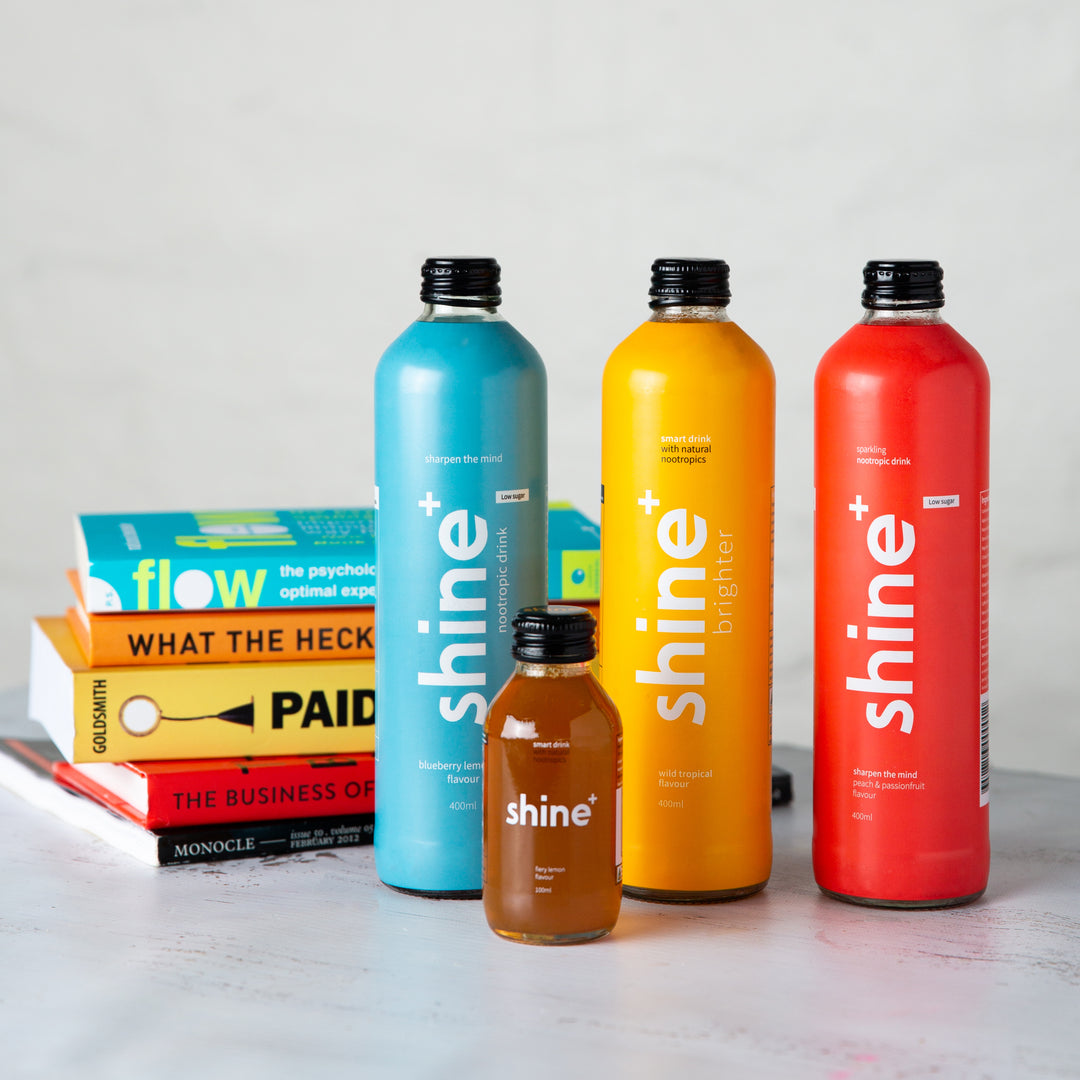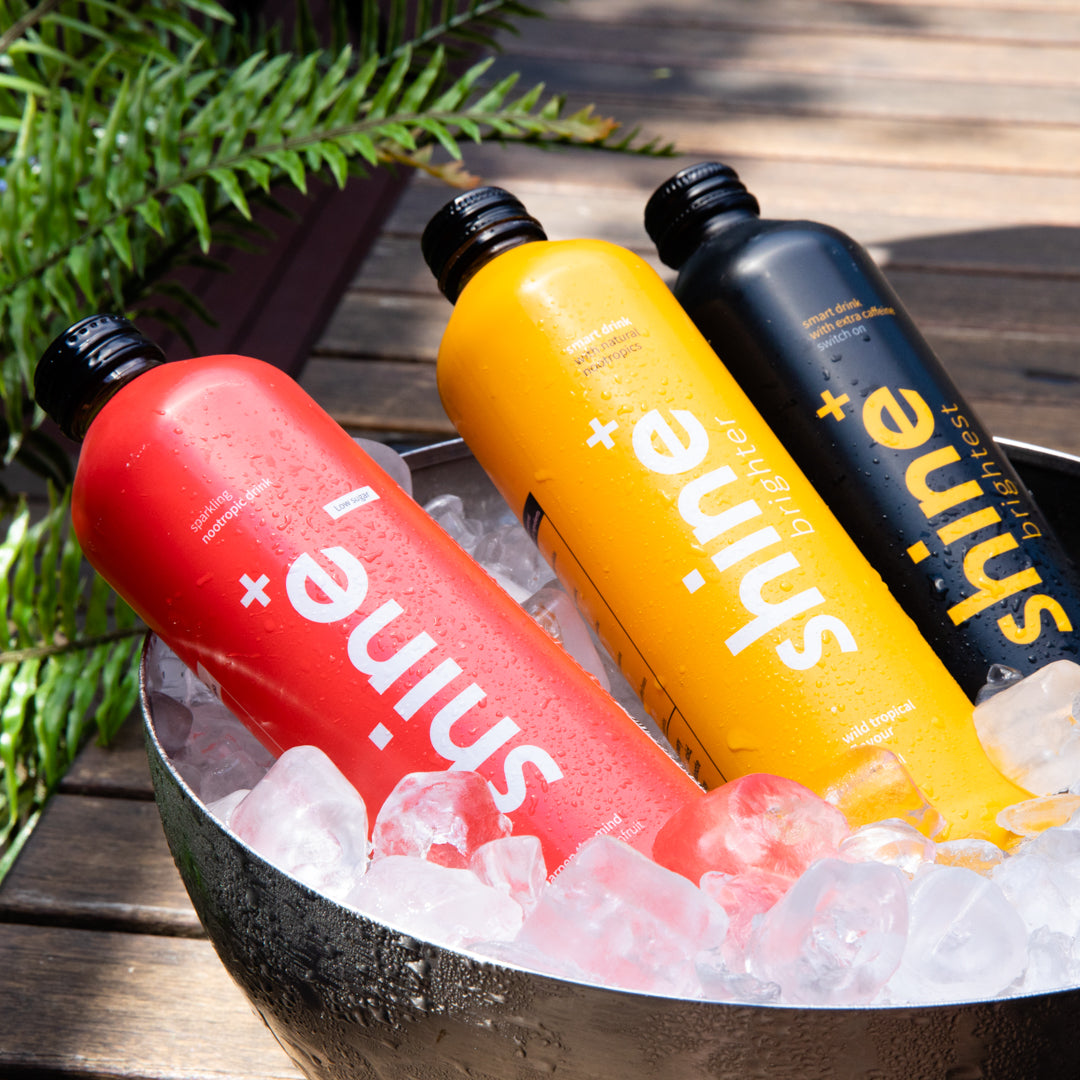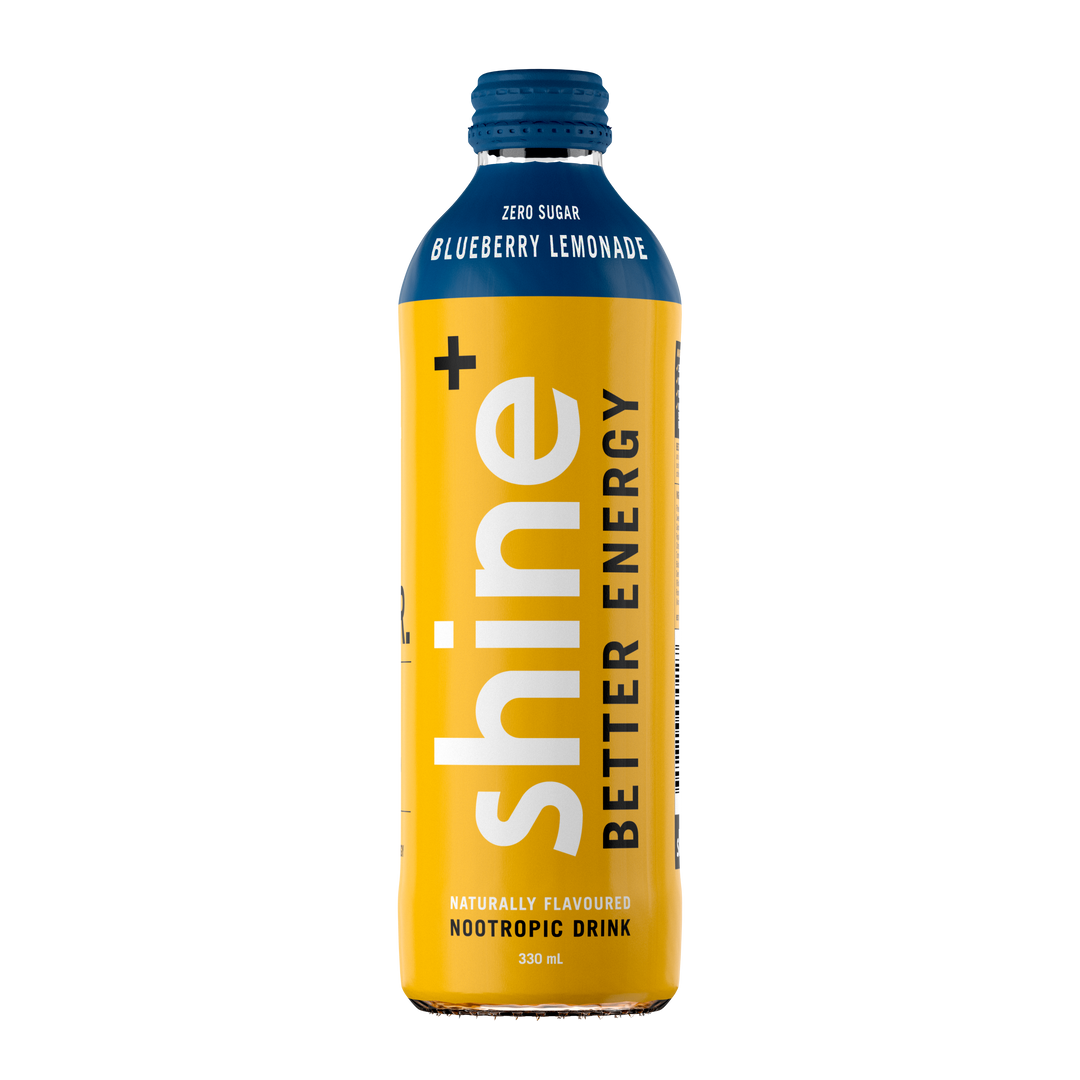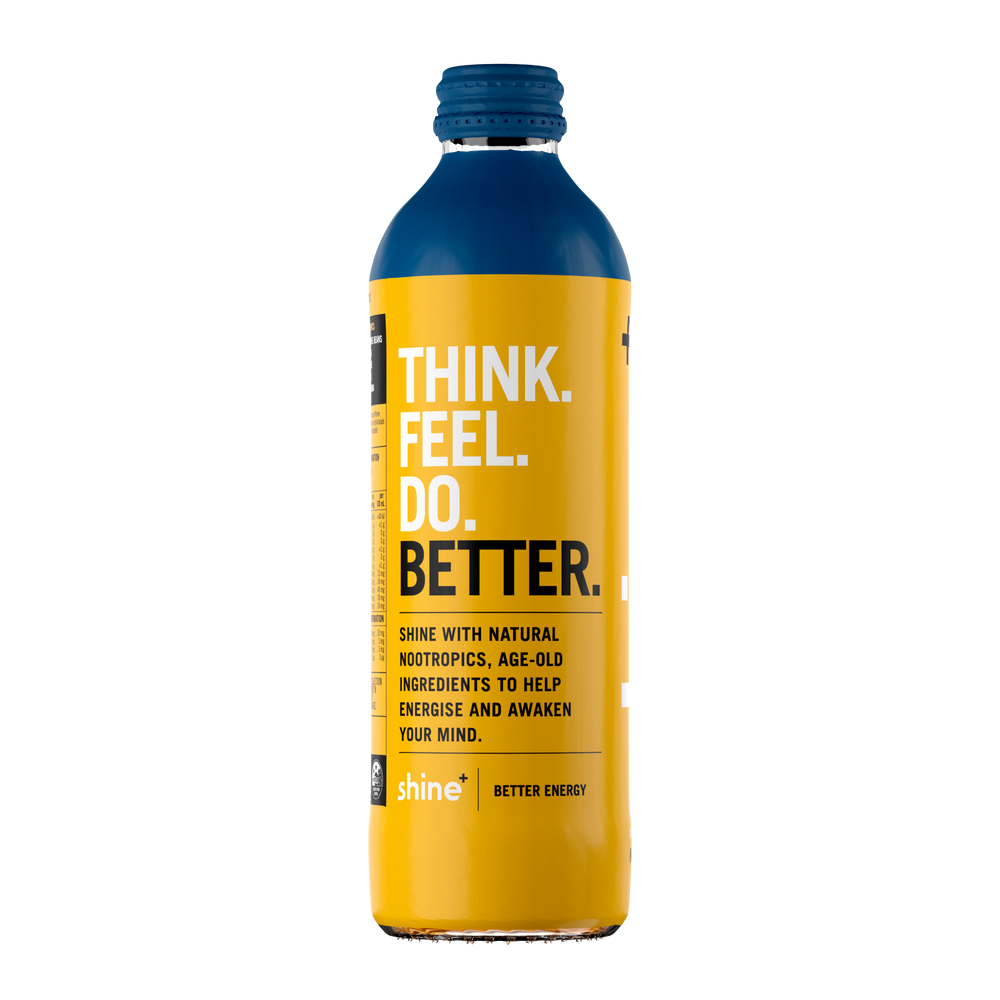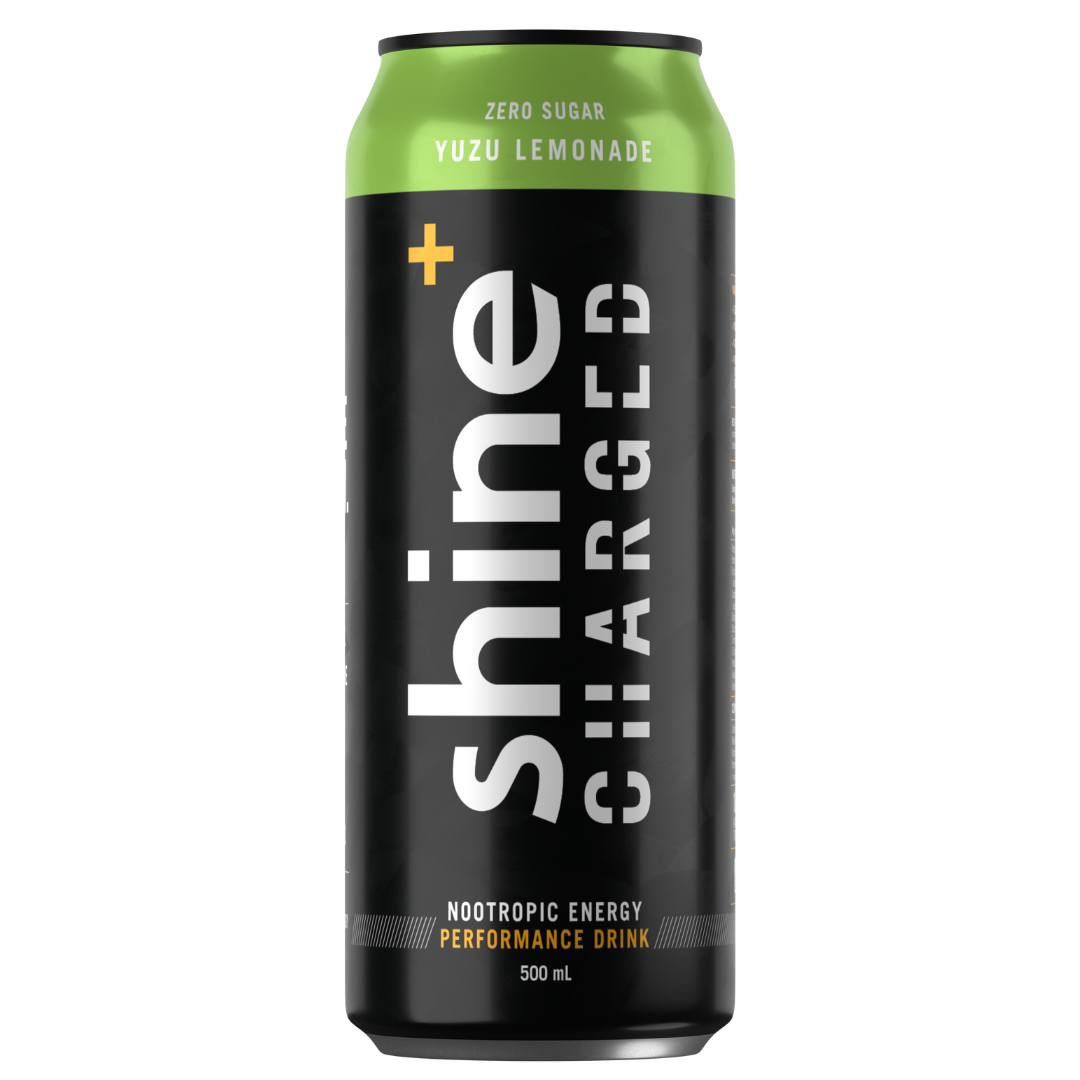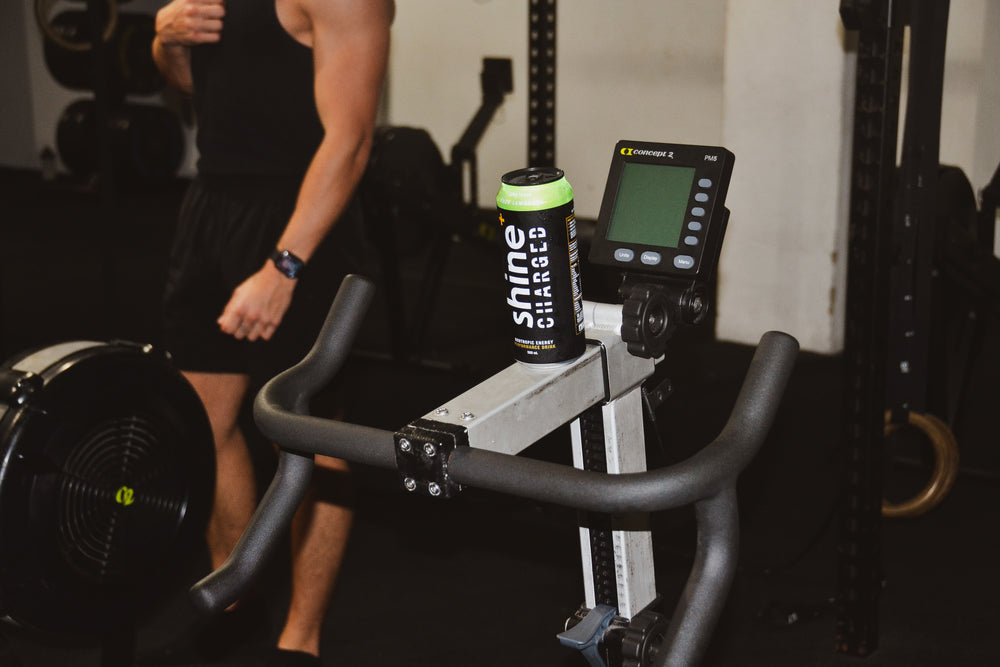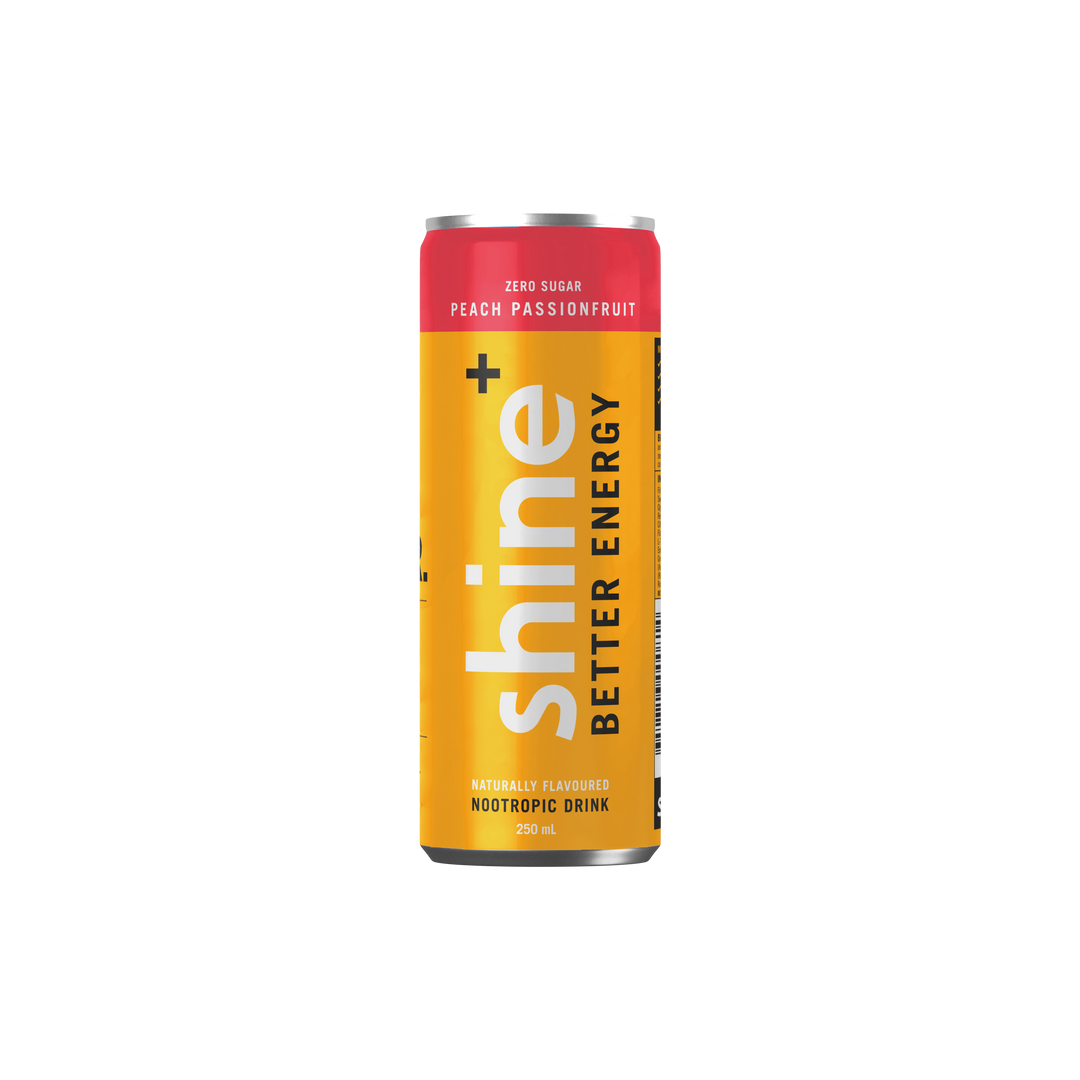ENERGY DRINKS: WHAT'S THE BUZZ?
In the 20th and 21st century, the energy drink market exploded into a multibillion dollar industry with energy drinks now having been sold in more than 140 countries around the world (Musaiger & Zagzoog 2014, 42). Half of all energy drink consumers are children, adolescents and young adults, with 51 per cent of college students in the US consuming them more than once a month (Musaiger & Zagzoog 2014, 42).
The effects of this can be seen in a rapid increase in hospital cases of toxicity as a result of energy drink consumption. Between 2007 and 2011, energy drink related hospitalisations doubled from 10,068 to 20,783 in the US (Ali et al. 2015, 320). With their catchy slogans and alluring promises of instant energy, it is easy to overlook the overwhelming health risks posed by energy drinks.
Do you really know what you’re buying?
Energy drinks contain many active ingredients that work together to produce improved physiological effects. Common ingredients are caffeine, taurine, guarana, and various herbal supplements.
Energy drinks are often able to bypass health regulations because they don’t have to list the caffeine content in the supplementary ingredients on the label, meaning the caffeine content is much higher than the buyer can see (Seifert et al. 2011, 513). When consumed in excess, these ingredients can be lethal, which is why energy drinks are banned in a number of countries, including Turkey, Denmark and Uruguay (Behdi et al. 2014).
Caffeine is without a doubt the most prominent ingredient responsible for the energy provided by energy drinks. It is a central nervous system stimulant, and increases exercise endurance and improves cognition when sleep-deprived or fatigued (Seifert et al. 2011, 515).
A lot of the other ingredients in energy drinks - guarana, taurine, b-vitamins and herbal supplements - have not been researched extensively enough to make conclusions about what role they play in the energy drink (Dikici et al. 2012, 609). For this reason, the long-term effects of regularly drinking energy drinks are generally unknown.
Why are energy drinks at the top of the social ladder?
Energy drinks claim to provide the drinker with immediate energy, decreased fatigue and improved performance (Musaiger & Zagzoog 2014, 42). When asked the main reason to consume energy drinks 57 per cent said it was a desire to increase energy (Ali et al. 2015, 310). The largest consumer of energy drinks are young people and adolescents, but more specifically young males. There is a correlation between personality and excess consumption of energy drinks which can explain why some people strongly gravitate towards energy drinks and others don’t.
Risk takers are more likely to consume energy drinks, and researchers found that the more likely someone was to drink an energy drink, the more likely that they had used alcohol or drugs in the previous 30 days. There are also socio-economic factors. Statistics show that people from single-parent households and households with a lower average parental education are more likely to consume energy drinks than their counterparts.
While personal attributes and socio-economic situation can account for why people drink energy drinks, consumption can also be circumstantial. For example, you might have left your study for a big test until the night before. You find yourself struggling to stay awake, so you take a sip of your energy drink. The reality is that students often rely on energy drinks to complete tasks in time, or to study for exams (Champlin et al. 2016, 357). In this sense, a lot of students are dependent on energy drink consumption to simply get by in their course.
Are you sure you want to reach for that can of energy drink?
Undoubtedly, energy drinks do have an effect on your body and the way it functions temporarily.
A particularly concerning trend is the consumption of energy drinks following or preceding exercise. Due to the high sugar, using energy drinks for this purpose may cause dehydration, which is just what you don’t need before a workout.
The negative side effects of the combination of all the ingredients can explain the cases witnessed worldwide as due to the number of people overdosing on energy drinks because they do not understand the dangers of overconsumption. There are many cases of healthy individuals being hospitalised for consuming more than the recommended two cans of energy drink per day.
What’s your poison?
In recent years, there has been a surge in the popularity of mixing energy drinks with alcoholic beverages. Mixing energy drinks and alcohol is a highly risky practice and is much more likely to result in toxicity, poisoning and overdose.
Researchers have found extensive relationships between mixing energy drinks and alcohol together and a person’s level of risk aversion, with energy drink mixers scoring much higher on measures of impulsivity. Researchers claim consumption of energy drinks and alcohol has been linked to high-risk sex, intending to drive after drinking and being taken advantage of sexually (Snipes et al. 2015, 137). Health officials strongly advise to avoid mixing the two drugs at all costs.
Can it help you get that high distinction?
Recent research has claimed that there is a strong correlation between an increase in energy drink consumption and a decrease in academic performance. In other words, the fewer energy drinks you consume, the more likely you will excel academically. Pettit & Debarr (2011) attribute this to a student’s tendency to procrastinate, and therefore consume energy drinks out of desperation.
Researchers suggested that there is a link between decreased academic performance, poor social problem-solving skills and high energy drink consumption (Trunzo et al, 2014).
What have we learnt?
Millions of people around the world rely on energy drinks to complete tasks or to fight fatigue or sleep deprivation. From university students to office workers, the range of energy drink consumers are wide and far-reaching.
Energy drinks give you a quick energy fix, but not without life-threatening health risks. Seizures, paralysis, cardiac arrest, confusion and many more side effects of energy drinks can be experienced due to overconsumption. As consumers we are responsible for making individual purchasing choices that have the potential to shape and define our future. If you decide to consume energy drinks ensure that you are aware of the potential risks and how they may determine your health in the future.
Want a clean, sugar-free energy-fix? Grab your bottle of shine+ smart drink today from our online store.
WORDS BY SHINAE TAYLOR
Reference List:
Ali, F. Rehman, H., Babayan, Z., Stapleton, D., & Josh, D.D. (2015). Energy Drinks and Their Adverse Health Effects: A Systematic Review of the Current Evidence. Postgraduate Medicine. 127(3), 308-322.
Australian Beverages Council. (2010). Energy Drinks- An Industry Commitment. Accessed 16/01/17.http://australianbeverages.org/wp-content/uploads/2013/03/EnergyDrinks_AnIndustryCommitment.pdf
Australian Drug Foundation. (2014). Factsheet: Caffeine. Alcohol and Drug Information. Accessed 09/01/2017. http://www.druginfo.adf.org.au/drug-facts/caffeine
Behdi, N., Dewan, P. & Gupta, P. (2014). Energy Drinks: Potions of Illusion. Indian Pediatrics, 51(7), 529-533.
Champlin, S.E., Pasch, K.E., & C.E. Perry. (2016). Is the Consumption of Energy Drinks Associated with Academic Achievement Among College Students? J Primary Prevent, 37, 345-369.
Dikici, S., Aydin, L.Y., Kutlucin, A., & Ercan, N. (2012). What Do We Know About Energy Drinks? Dicle Medical Journal, 39(4), 609-613.
Engber, D. (2013). Who Made That Energy Drink? Accessed 03/01/2017. http://www.nytimes.com/2013/12/08/magazine/who-made-that-energy-drink.html
Harradine, N. (2014). Man’s Death After Too Many Energy Drinks Prompts Mother to Highlight Dangers. Australian Broadcasting Corporation. Accessed 16/01/2017. http://www.abc.net.au/news/2014-09-02/energy-drinks-death-prompts-mother-to-take-action/5713652
Levy, S. (2014). Teens Who Consume Energy Drinks are At Higher Risk for Drug Use. Accessed 03/01/2017.http://www.healthline.com/health-news/children-who-drink-energy-drinks-higher-risk-drug-use-020714#1
Musaiger, A.O. & Zagzoog, N. (2014). Knowledge, Attitudes and Practices toward Energy Drinks among Adolescents in Saudi Arabia. Global Journal of Health Science, 6(2), 42-47.
Pettit, M.L., & Debarr, K.A. (2011). Perceived Stress, Energy Drink Consumption, and Academic Performance Among College Students. Journal of American College Health, 59(5), 335-341.
Seifert, S.M., Schaechter, J.L., Hershorin, E.R., Lipshultz, S.E. (2011). Health Effects of Energy Drinks on Children, Adolescents and Young Adults. Pediatrics, 127(3), 511-528.
Shirey, W. (2013) The Hazards of Drinking Energy Drinks and Exercising. Livestrong. Accessed 17/01/2017.http://www.livestrong.com/article/527382-the-hazards-of-drinking-energy-drinks-and-exercising/
Snipes, D.J., Jeffers, A.J., Green, B.A., & Benotsch, E.G. (2015). Alcohol Mixed with Energy Drinks are Robustly Associated with Patterns of Problematic Alcohol Consumption Among Young Adult College Students. Addictive Behaviours, 41, 136-141.
Trunzo, J., Samter, W., Morse, C., Mcclure, K., Kohn, C., Volkman, J.E., & O'Brien, K. (2014). College Students’ Use of Energy Drinks, Social Problem-Solving, and Academic Performance. Journal of Psychoactive Drugs, 46(5), 396-401.


